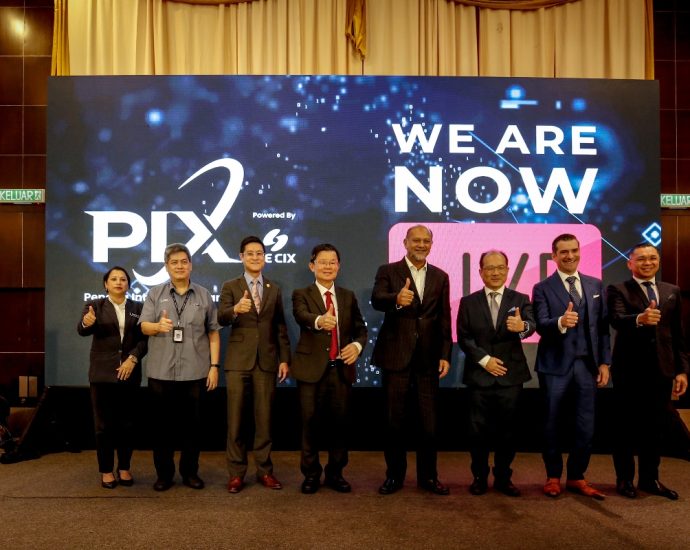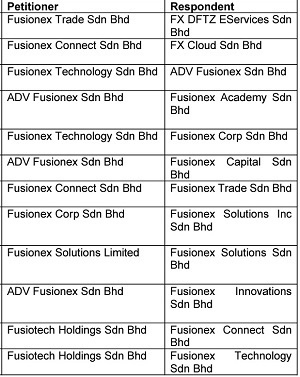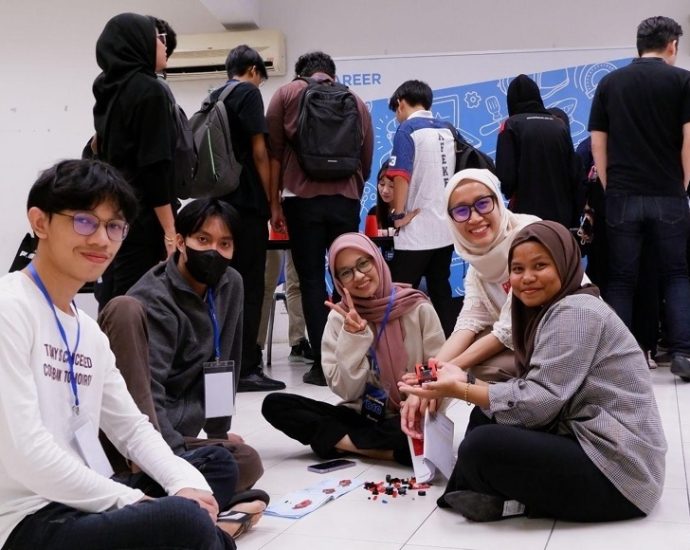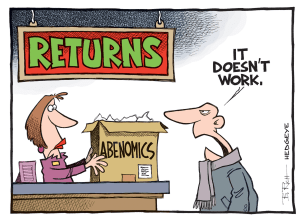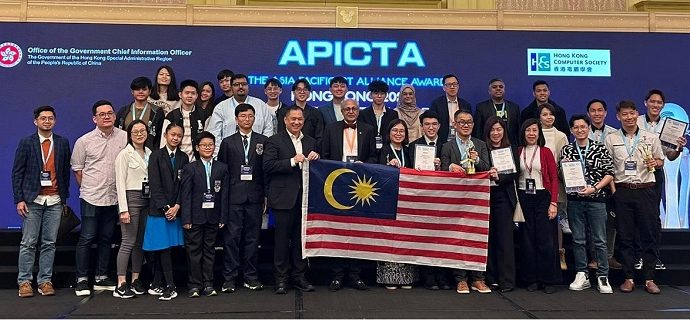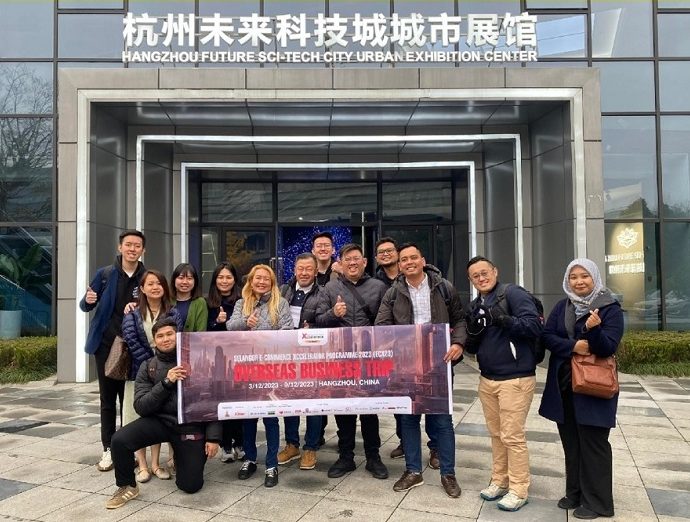Penang’s startup ecosystem receives recognition with Georgetown as 8th ranked city in Southeast AsiaÂ
Georgetown is 2nd highest-ranked city in Malaysia with KL at 4th spot
Supporting startup ecosystem part of plan to attract high-tech industries
In a statement, Digital Penang marked a significant milestone for Penang’s technology startup ecosystem as it received the “Outstanding Ecosystem among Medium-Sized Population Cities in Southeast Asia 2023” award from StartupBlink, a leading startup…Continue Reading



